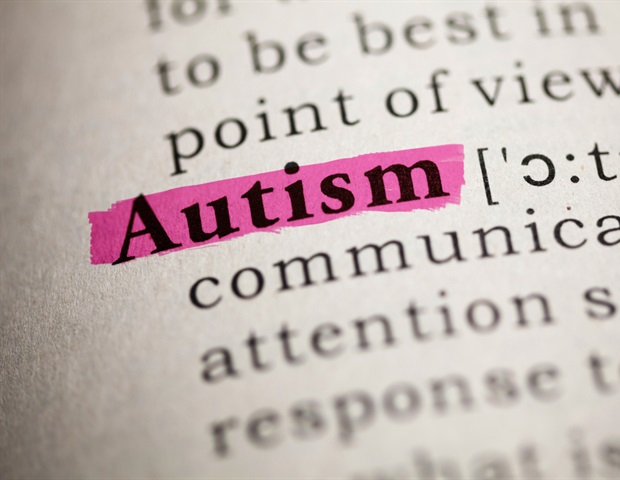The American Academy of Pediatrics recently updated guidance on breastfeeding is meant to try and erase negative stigmas. The AAP now recommends exclusive breastfeeding for the first six months of life. They also recommend breastfeeding for up to two years or more when mutually benefiting mom and baby. But respondents to a survey on the state of breastfeeding show there are many issues making it difficult for families to reach their goals.1
A recent survey on the state of breastfeeding by What to Expect is shedding light on the situation in the U.S. Responses to the survey show that struggles such as difficulty breastfeeding, lack of support, breast pump use, formula usage, and shortages have interrupted the breastfeeding journey earlier than the AAP recommends. The survey showed that most moms want to breastfeed their babies. But on average, they only spend about 6.5 months doing so.1 This is a far cry from the two years now encouraged by the AAP.
Top Reason Moms Stop Breastfeeding
According to the survey on the state of breastfeeding, the most common reason moms stopped breastfeeding was not producing enough milk. La Leche League International states, “breastfeeding issues, including low supply, can be solved more easily if they are addressed sooner rather than later,” and “understanding and appreciating the signs of knowing when your baby is getting enough to eat is one of the most important things you can learn.”2 These statements signify the importance of breastfeeding education regarding supply and meeting your baby’s needs before and during the breastfeeding journey.
Some Moms Do Seek Support
Thankfully, according to the survey, 97% of moms seek breastfeeding support.1 This support came from family, friends, physicians, public health nurses, lactation consultants, books, or the internet. Those moms who stopped breastfeeding earlier than they anticipated stated they may have continued breastfeeding if there was more support in the form of professional assistance, access to a lactation consultant, more paid leave from work, and more help from family and friends.1 It is easy to see that support plays a huge role in breastfeeding success.
More Reasons Moms Stop Breastfeeding
The next most common reasons moms stopped breastfeeding were the baby not seeming satisfied with breast milk alone, feeding challenges, and the mom wanting to share the feedings with another caregiver.1 Feeding duties generally land on the mom when breastfeeding, which can be exhausting and frustrating for new moms. Sharing feeding responsibilities has been gaining traction across the country. Additionally, there has been an increase in formula-feeding and combination (formula and breastmilk) feeding in the last three years to help lighten the load on moms.
This seems like a move in a positive direction, but it comes with its own set of issues. Moms said they are still conflicted by the negative stigmas around formula feeding. This is even though many agree that it makes life easier. More than half of the moms in the state of breastfeeding survey reported feeling “okay” or “not great” about their formula-feeding decision even with it making life easier.1
Shortage Causing Moms Stress
If they were breastfeeding, formula-feeding, or combination feeding, most moms stated that the formula shortage caused them stress. Those families who could not access formula resorted to visiting multiple stores and getting help from friends and family. They also turned to starting solids earlier than recommended and using community groups to find formula or donated milk. Or they introduced cows’ milk early or made their own formula.1 These options are all less-than-ideal situations for new parents.
Breast Pumps Have Positive Impact
Another option moms consider for helping with sharing feeding responsibilities is using breast pumps. The survey showed that most moms had used a pump to express breast milk.1 A pump can be a lifesaver when a mom must return to work. Or when they want to build up a stash of milk for their baby and let their partner take on some of the workload. Pumps may positively impact the breastfeeding relationship. With the support of feeding team personnel, moms can get closer to the goals set out by the AAP.
Breastfeeding Isn’t Easy
More than half of the moms responding to the state of breastfeeding survey stated they thought breastfeeding would be easier than it turned out to be.1 Physically, breastfeeding is hard with latches, positioning, supply issues, and clogged ducts. But emotional challenges also pose a risk to the breastfeeding relationship. Sixty percent of moms in the survey agreed that breastfeeding in public leads to feelings of judgment from others.1 The impact of feeling shame from feeding your baby on the go may lead to an early interruption in the breastfeeding journey.
Even with most moms wanting to breastfeed and knowing the benefits of breastfeeding, the lack of access to support and education, negative stigmas, and formula shortages have led to young parents struggling to maintain a positive breastfeeding relationship. Yes, many moms are reaching out when experiencing struggles. Still, more support physically and emotionally can further lead to moms feeling their best and ultimately doing what works best for them and their babies.

 PARENTING TIPS
PARENTING TIPS PREGNANCY
PREGNANCY BABY CARE
BABY CARE TODDLERS
TODDLERS TEENS
TEENS HEALTH CARE
HEALTH CARE ACTIVITIES & CRAFTS
ACTIVITIES & CRAFTS


